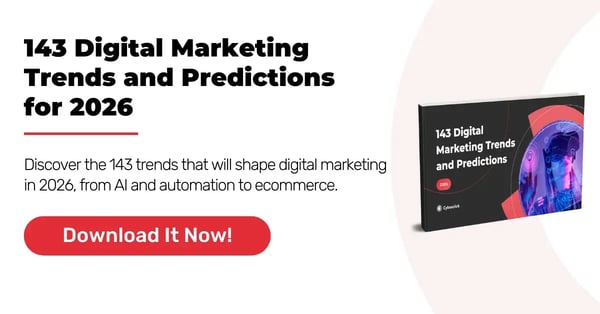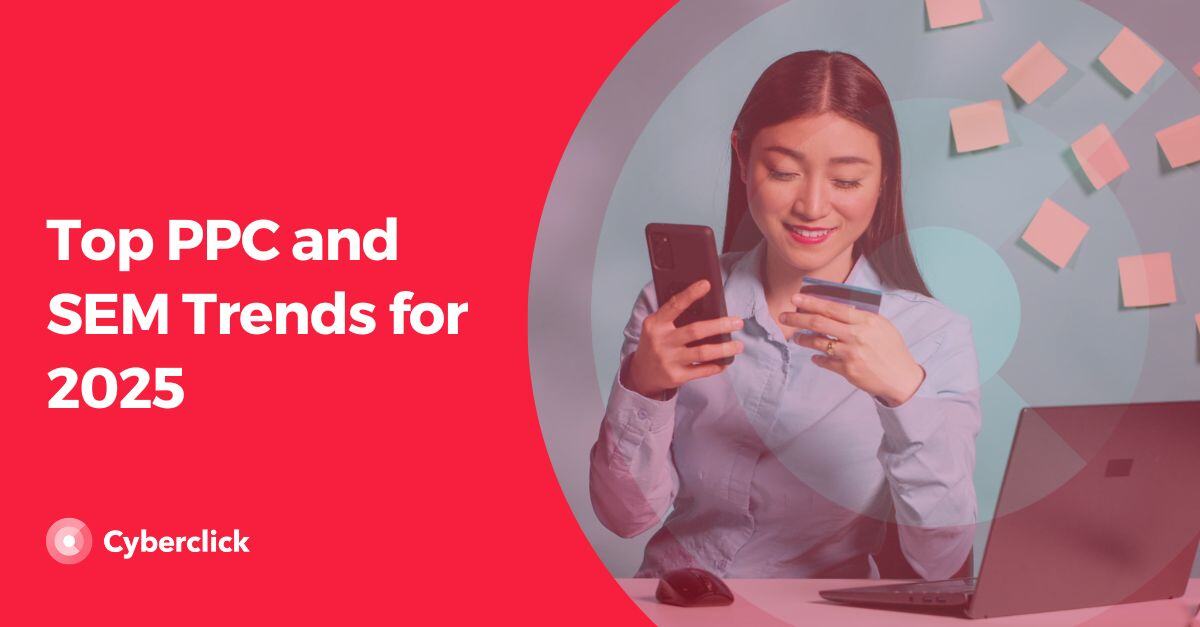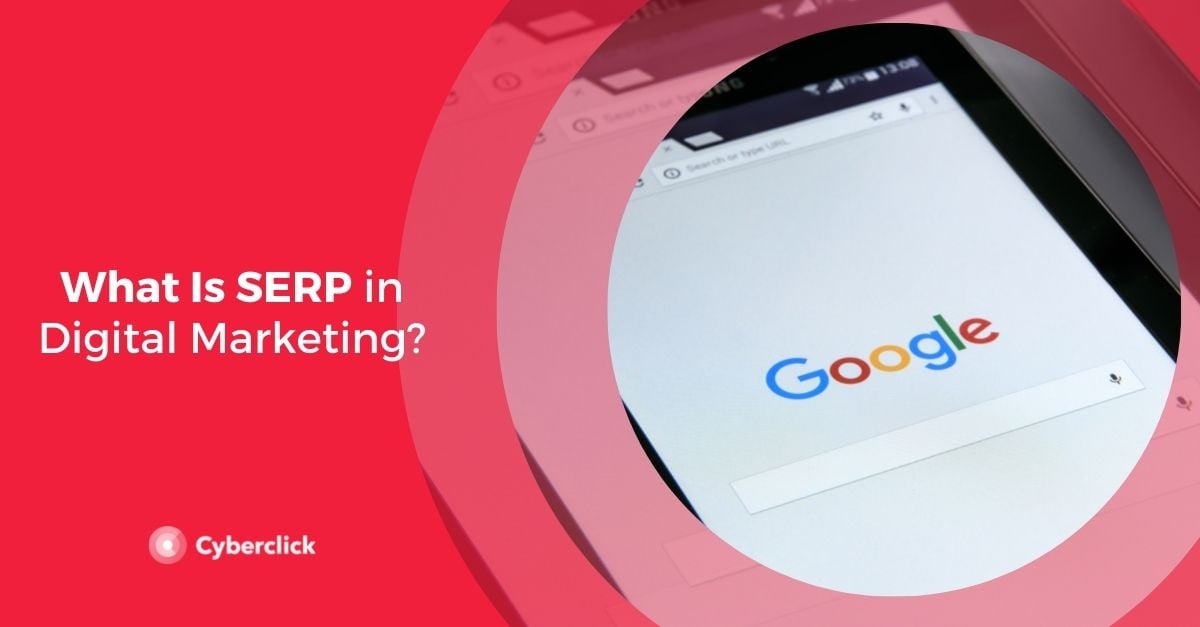In a world that is increasingly dominated by artificial intelligence, PPC, and SEM are undergoing a profound transformation. Ad platforms are adopting predictive, automated models that focus on algorithmic efficiency, data quality, and generative creativity. Google, OpenAI, and other players are redefining how ads are created, optimized, and displayed, marking the beginning of a new era in which technology and strategy work in tandem.
Brands today must adapt to a landscape where automation, language models, and creative intelligence are not just tools but rather the core of ad optimization. Here are five trends shaping high-performance digital marketing for the months ahead.

Full Automation and Predictive Performance in PPC
Automated campaigns like Performance Max and AI Search Max are redefining the PPC expert’s role. These AI-powered solutions are moving toward adaptive intelligence, meaning that they no longer rely on traditional keywords and can optimize audiences, creatives, and budgets with minimal human intervention. The new challenge here lies in training algorithms correctly, providing high-quality data, accurate conversions, and messaging aligned with business goals.
In this context, data governance becomes a key competitive advantage. Success isn’t about controlling every bid. It’s about designing a structured, consistent information ecosystem that builds upon AI’s predictive power, delivering sustainable and scalable results across industries.
Mastering Broad Match and AI-Driven Campaigns
The integration of ads into Google’s AI Overviews is changing how we understand search. Instead of simple text results, users now receive AI-generated answers where ads are organically embedded. This shift means that traditional visibility metrics are giving way to new KPIs, like response share and brand perception within generative summaries.
Success depends on the semantic relevance and usefulness of your messaging. Nowadays, visibility isn’t just about getting clicks but about being a natural part of the answer users trust most.

Advertising in LLMs and Expanding the Ad Ecosystem
Large language models (LLMs) like ChatGPT and Perplexity are laying the groundwork for a new ad ecosystem. These environments allow ads to appear within AI-generated responses, tailored to the user’s intent and context. The key is creating useful, conversational, non-intrusive ads that add value to the interaction.
This trend moves marketing toward intent- and semantic-driven strategies, instead of relying solely on keywords or predefined audiences. Advertising inside LLMs expands PPC reach beyond search engines, offering advanced targeting opportunities while introducing new challenges in transparency and measurement.
Combining Content Creators with AI Video Models
The rise of AI video generation models like Veo 3 is creating a new creative era, where human creators and AI tools collaborate to redefine ad production. Advertisers can generate multiple versions of a single ad, tailored for different audiences and channels, in minutes.
This blend of human creativity and AI automation allows for maximized personalization without increasing costs. AI adjusts formats, pacing, and visuals, while creators maintain tone and authenticity. The result is more dynamic, relevant ads that capture attention in a saturated market and boost PPC campaign effectiveness.

The PPC Manager as a Data Architect
The role of the PPC expert is evolving into a strategic position focused on data architecture and AI-guided creativity. Rather than managing bids manually, specialists must make sure that automated systems work with accurate, structured, and coherent information. Skills like prompt design, signal interpretation, and translating business goals into AI instructions will be major differentiators.
The future of PPC will be holistic, connecting data, technology, and brand storytelling to create smarter campaigns. Algorithmic creativity doesn’t replace human intuition—it amplifies it, enabling more strategic, agile, and user-focused marketing.
Conclusion
The line between automation, creativity, and analytics is disappearing. Moving forward, PPC and SEM will be driven by intelligent systems that learn, create, and optimize continuously, while professionals in the area redefine themselves as strategists and data architects.
Success comes from understanding how each of these new trends works, teaching AI to think like your brand, and acting with purpose. The combination of technology, strategy, and human vision will determine who adapts and who leads in the new era of digital marketing.
Graduado en Telecomunicaciones y Doctor en Fotónica por el Instituto de Ciencias Fotónicas. Cuenta con más de 5 años de experiencia trabajando con Google Ads y Google Analytics, gestionando estrategias de SEM y todo tipo de campañas a través del embudo, desde búsqueda hasta Youtube.
Graduated with a degree in telecommunications and holds a PhD in photonics from the Institute of Photonic Sciences. He has more than 5 years of experience working with Google Ads and Google Analytics, managing SEM, and all campaigns type across the funnel from search to Youtube.






Leave your comment and join the conversation